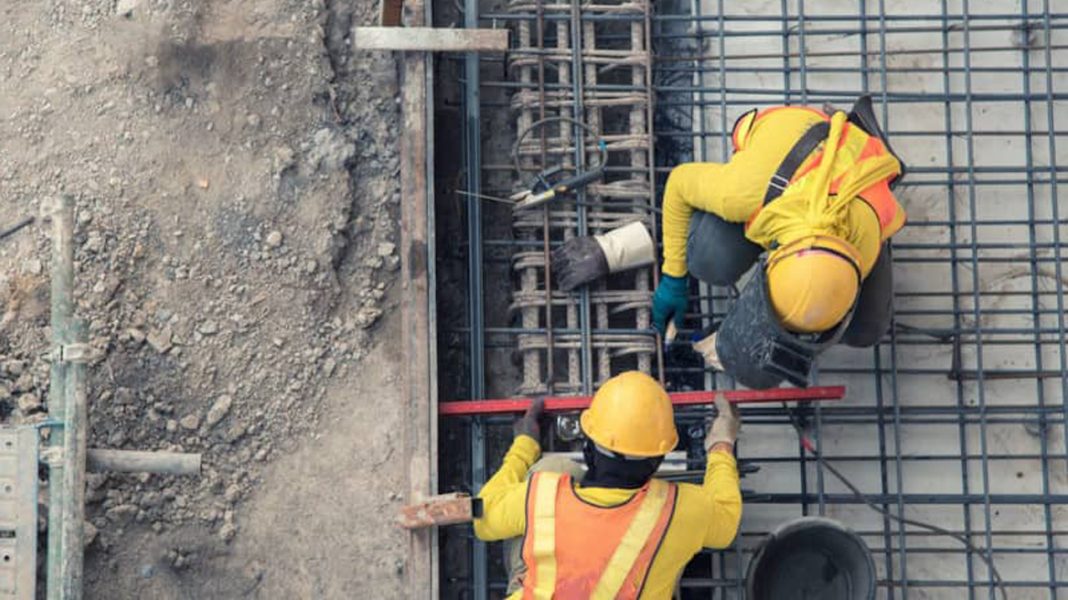Engineers have emphasized the importance of gender equality and support for Science, Technology, Engineering, and Mathematics (STEM) / Science, Technology, Engineering, Arts, and Mathematics (STEAM) courses as strategies to enhance women representation in the construction industry.
They called for an increase in scholarships and grants schemes to bring women into STEM/STEAM departments, prevent discrimination and sexism against female students, and improve retention rates. They also want employers to identify and address discrimination in their hiring practices, so they can produce a diverse workplace that promotes greater happiness and productivity among their employees.
The engineers noted that mentorship and role models are essential in inspiring the next generation of women engineers, architects, and other construction professionals to thrive in a sector that is about 80 per cent male-dominated.
A professor of technology at the Obafemi Awolowo University, Ile-Ife, Kehinde Taiwo, who led the call at a webinar entitled: “STEAMing Ahead: Women Engineers Advancing a Sustainable Environment,” organised by the Association of Professional Women Engineers of Nigeria (APWEN), observed that empowering women is crucial to ensuring that their unique perspectives and talents are fully utilised in the industry.
She stated that women who have made significant contributions to the building industry are paving the way for future generations of professionals despite the challenges faced in the field of engineering, their resilience and determination have enabled them to overcome obstacles and succeed.
“Women engineers are breaking barriers and paving the way for a more inclusive infrastructure development industry. Their contributions bring fresh perspectives, improved team dynamics, and more sustainable solutions.
“As a society, we must continue to support and empower women in engineering, ensuring that the industry becomes truly diverse and reflective of our collective talents. Through their hard work and dedication, women engineers are reshaping the future of infrastructure development, shaping the built environment through engineering by driving change and innovation in the industry,” she said.
Taiwo urged support for teachers saddled with the duty of implementing STEAM courses. According to her, as the first access point to STEAM learning for many children, teachers need the knowledge to help foster 21st-century skills such as creativity, critical thinking, communication and collaboration.
She said that women face unique obstacles when it comes to attending school and working in STEM fields, adding that advantages of women in infrastructure development include diverse perspectives, improved communication, enhanced efficiency and creativity, effective collaboration, and improved problem-solving.
President, Nigerian Society of Engineers (NSE), Mrs Margaret Oguntala, said participation of women in STEM is crucial to national and infrastructural development. Oguntala lauded APWEN for championing the enrollment of more women in engineering-related fields and for instituting a succession plan for selecting its leaders in a way that is devoid of rancour among its folds.
Immediate past Executive Vice President, Upstream, Nigerian National Petroleum Corporation, AdokiyeTombomieye, stressed that the idea of STEAM will enhance a holistic approach to problem solving and development.
“Science and technology provides foundation, engineering channel knowledge into practical solutions and mathematics offers the precision for effective implementation. However, the arts infuse the fields with creativity, empathy and a deep understanding of human behaviour as essential ingredients for human progress. It is essential to encourage collaboration among various disciplines. When STEAM is embraced, we can create a sustainable future. Let us foster an environment that allows women to pursue careers in STEAM fields,” he said.
Also speaking, immediate past APWEN president, Dr Elizabeth Eterigho, said the association is breaking barriers to women participation in the construction, gender disparity, and supporting female students through scholarships and mentorship.
Source: The Guardian


































